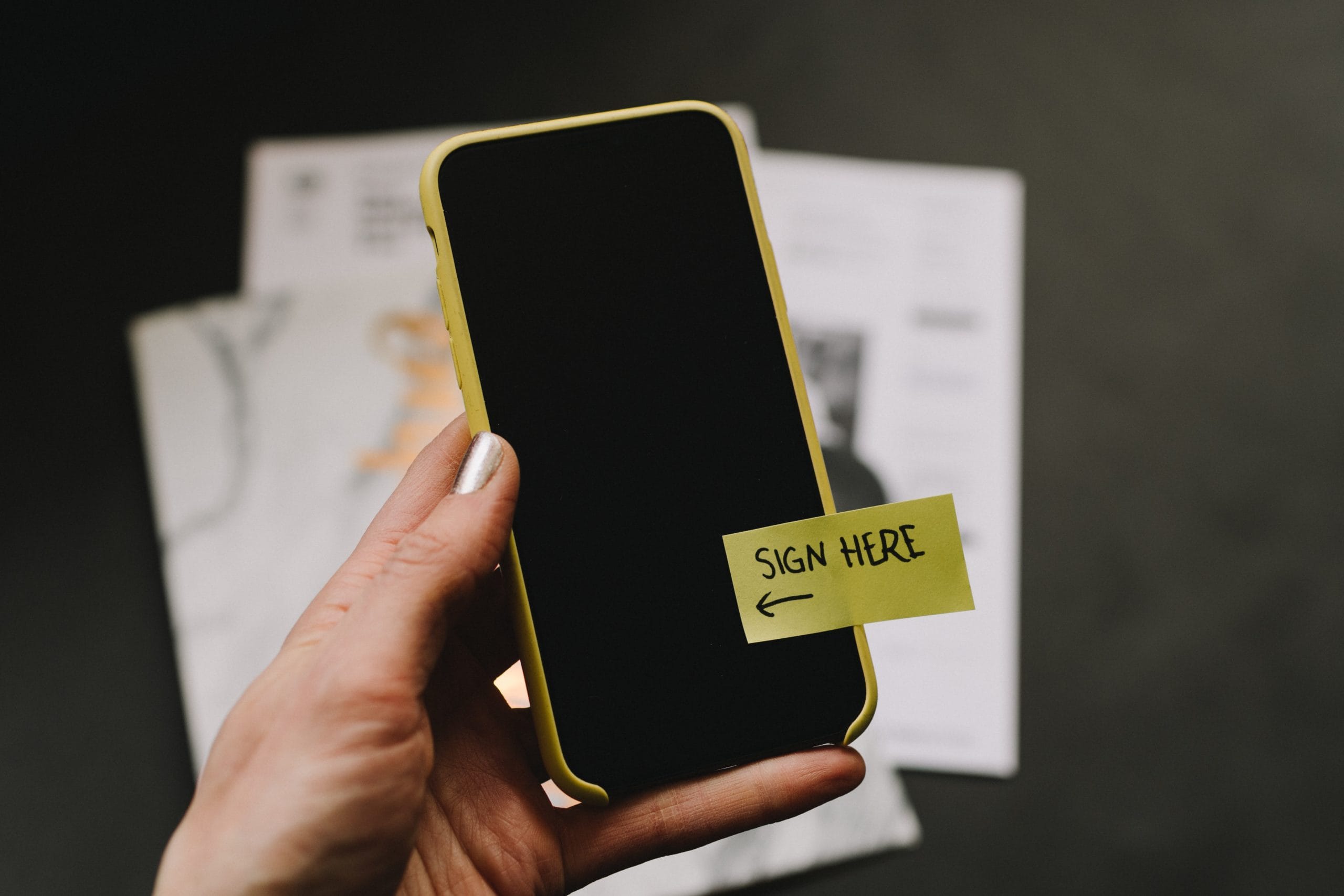Previously, we blogged about federal and state e-signature and notarization laws that apply in this time of working remotely from home. On March 31, 2020, the New York Department of State revised Executive Order 202.7 to clarify the responsibilities of New York State licensed notaries public.
What are the revisions to the Executive Order?
E-signature Requirements for Notaries
On March 19, 2020, Governor Cuomo issued Executive Order 202.7, authorizing New York notaries to witness and notarize documents signed via remote audio-video technology. The initial order created the impression that notaries could e-sign documents before returning them to signatories. The recently issued revisions clarify that a notary “must print and sign the document, in ink, and may not use an electronic signature to officiate the document.” Additionally, the revisions clarify that e-signatures can only be attached to those documents affecting real property, as approved under the Electronic Signatures and Records Act (“ESRA”).
Performing Remote Notarizations
Businesses need to follow federal and state e-signature and notarization laws that have been implemented to help ease the burden of working remotely. Businesses should seek the advice of knowledgeable counsel to ensure proper navigation of these state and federal laws. The New York Department of State also recommends that notaries maintain logs of all remote notarizations and indicate on documents that the notarizations were made pursuant to the Executive Order.
If you are interested in learning more about this topic or require assistance in connection with contract construction and agreement execution for your business, please email us at info@kleinmoynihan.com, or call us at (212) 246-0900.
The material contained herein is provided for informational purposes only and is not legal advice, nor is it a substitute for obtaining legal advice from an attorney. Each situation is unique, and you should not act or rely on any information contained herein without seeking the advice of an experienced attorney.
Attorney Advertising
Related Blog Posts
Appeals Court Clarifies TCPA Fax Law




